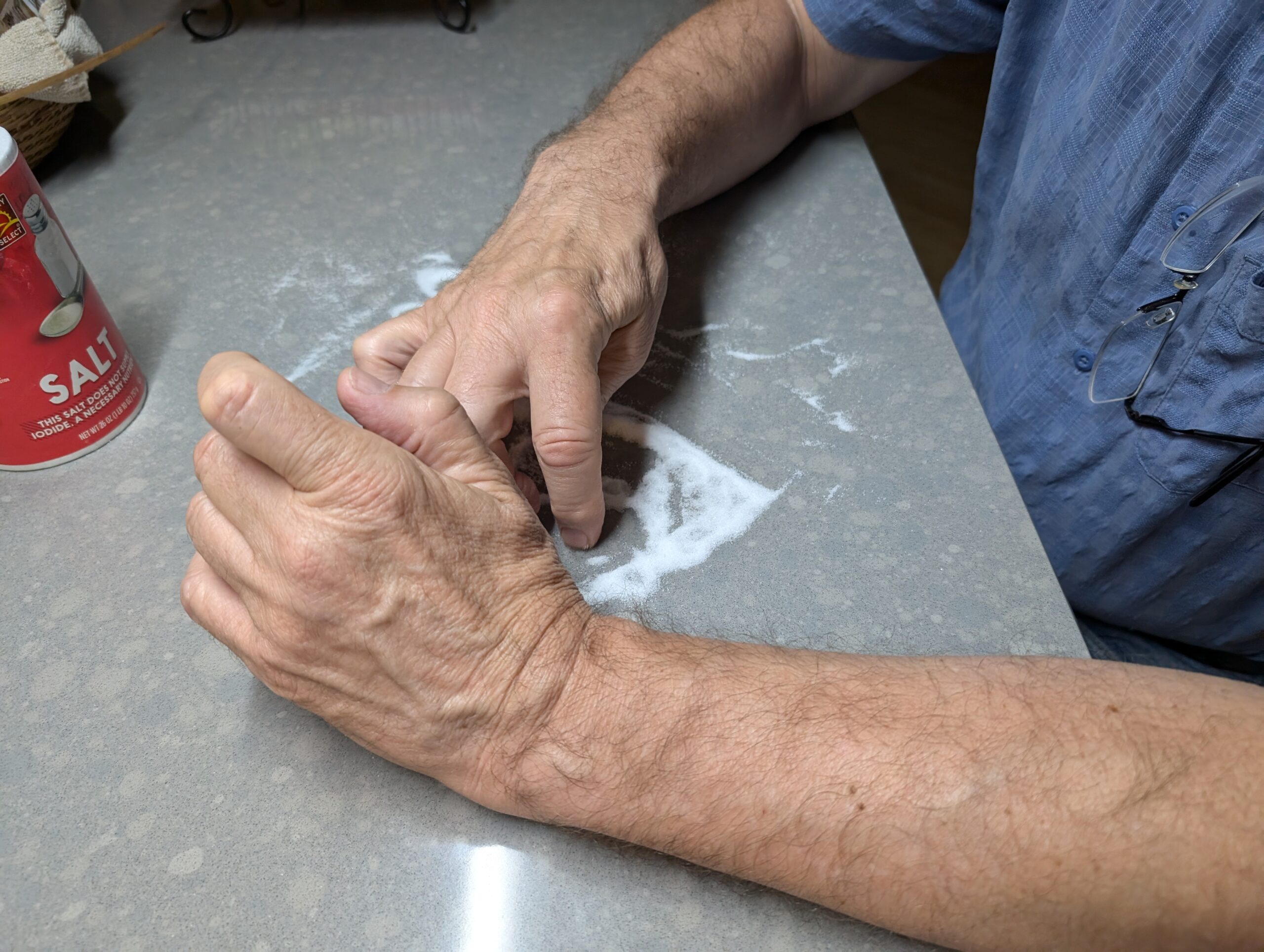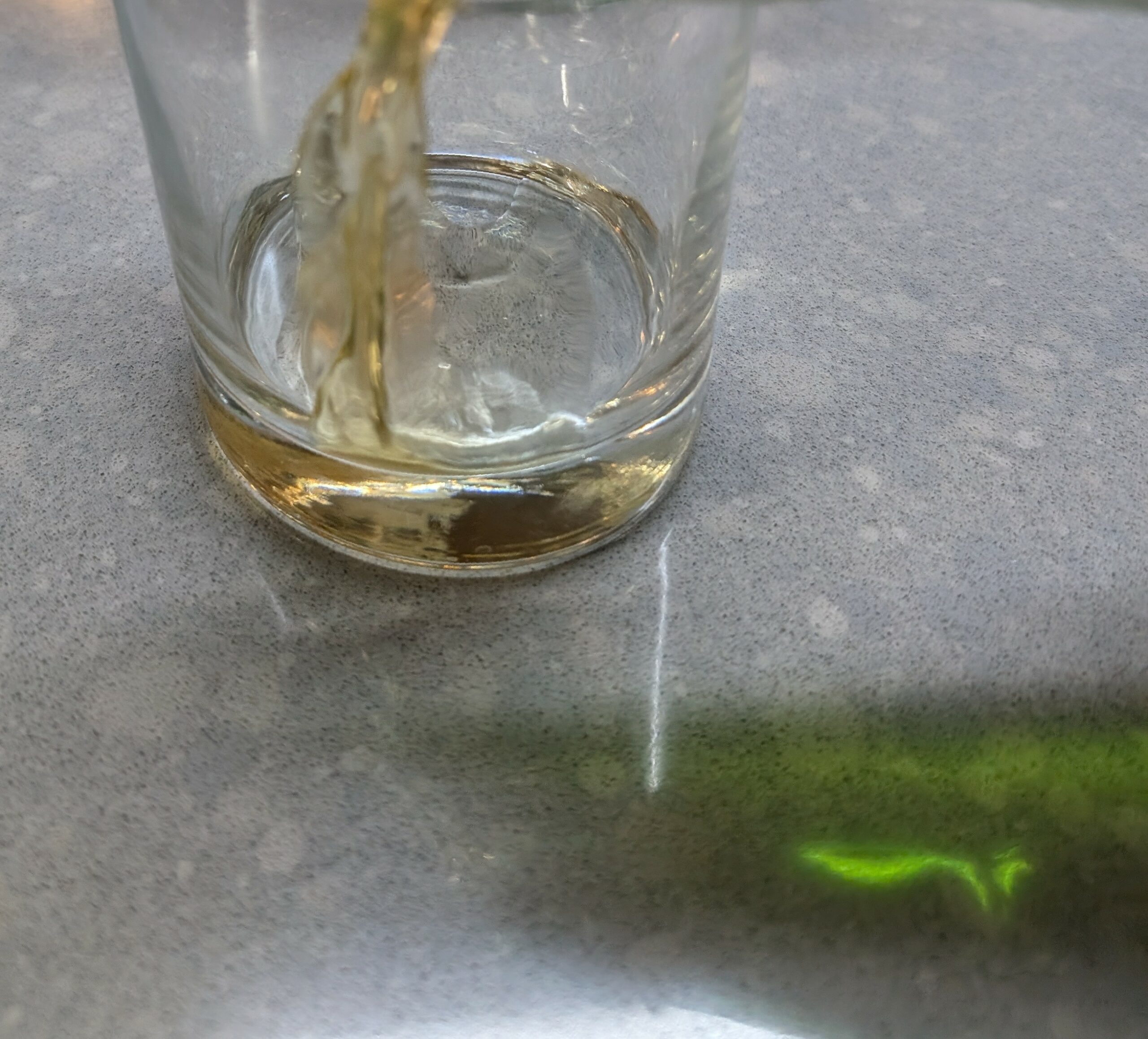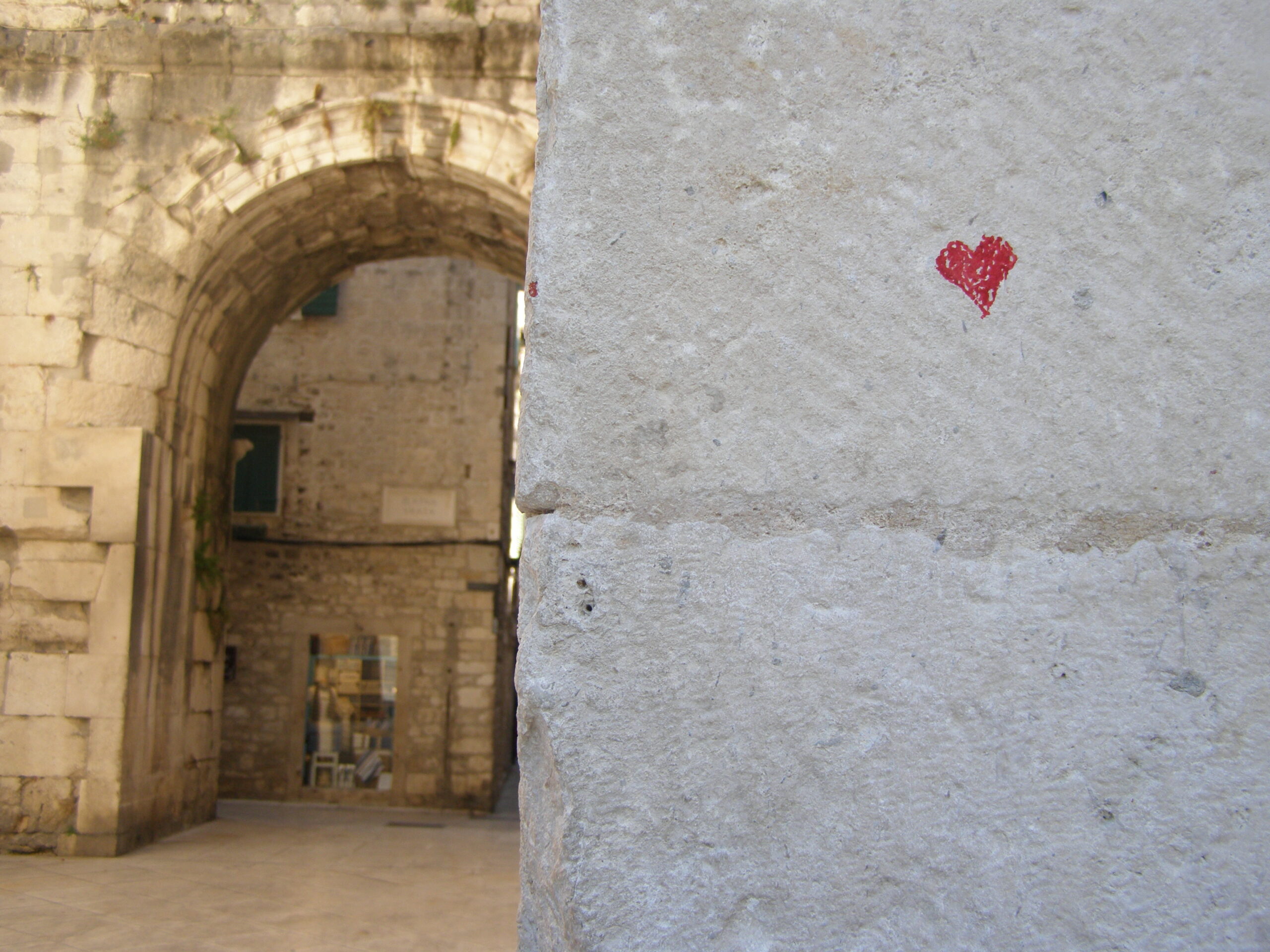
“Tabletop Portraits and a Lifetime Together”
The Dewdrop, August 2024
It was not immediately apparent to me what he was doing with the salt, but I had a clear, if inexplicable reaction as I watched. We were seated in the Pasand, an Indian restaurant in Berkeley waiting for our food. We were learning to know each other and every day something popped up to surprise and delight me. Across the table, Doug sat hunched over, absorbed in manipulating the grains of salt with his fingertips. He didn’t look up when the waiter approached, took no notice of the barking dog tied to the post outside the window, didn’t even seem to remember my presence. My reaction was palpable, as my heart slowed and I held my breath.
We weren’t sure yet what we wanted from this relationship. We were having fun together as we tried to figure out our own life paths. I had moved to Oakland to be near him after college, so we must have hoped for something. I knew I wanted us to be friends. He drew me here, but when I arrived, the liveliness of the East Bay was as attractive as he was. It was all new, exotic, and inviting. This was a place where strangers said hello and greeted each other at bus stops. It didn’t fit my stereotype of city life. Someone would say hi. Someone else would comment on President Reagan’s latest problematic policy. Everyone else would add their assessment, and continue with small talk about the weather or the latest movie. This was a community on a par with that of any small town of the Midwest where I came from.
I loved how the warmth of the Bay Area sun could make you shed your sweater one minute and seconds later let you shiver when you stepped into the shade. There were coffee shops in abundance, the cafes only served fresh-squeezed orange juice, never frozen, and cheap ethnic food of all varieties was available on every street. I tasted my first agua, my first korma, my first falafel. Walking down the sidewalk, one might see Lawrence Ferlinghetti (we did) and in the evenings we listened to the poet Alta read her poetry or heard Toni Morrison read from her new novel, Beloved. The street performers outdid themselves: the polka-dot man, the guy crooning 1930s love songs with a child’s plastic microphone and amplifier, the bearded crossdresser in fishnet stockings and high heels. Every rush hour, one old man stood in the median strip of Martin Luther King Boulevard waving a cheery hello to passersby.
I came to this place to explore a potential relationship, then found myself also falling in love with the energy of this East Bay city. Doug’s LP of Phoebe Snow singing “Walkin’ with my baby down by the San Francisco Bay,” struck a chord deep within. I was unexpectedly, immediately at home in this new world, a place where even the sunlight was a different color, or so it seemed.
Doug’s apartment was a southwest-style, efficiency row house on a narrow Oakland street. His neighbors were aging Hell’s Angels who took it upon themselves to care for the senile old woman on the street who had no family. They invited us over for cherry pie and helped fix Doug’s car. Like everything about the Bay Area, they defied stereotypes and allayed any residual fear I harbored.
When Doug got home from work, he would spend the first half hour walking back and forth across his apartment, playing haunting melodies on a wooden Japanese flute. He did this, he said, to get psychologically prepared for the evening, to decompress and transition between two worlds. Retail electronics was not a job that fit his psyche. Interacting with the world always stressed him. His dream, he told me, was to live in a cave in the mountains and heave rocks at anyone who came close. He found small talk painful, and preferred to be an observer rather than a participant. He analyzed, theorized, and pontificated about the world’s imperfections. He found its flaws difficult to face, but he was even less tolerant of his own inability to create a better society for others.
Some evenings he made us elaborate vegetarian meals of asparagus crepes or grilled tofu and veggies, making each item with slow deliberate precision. If dinner was at 10 because of his precision, who cared? We were in our twenties, full of energy, and our time was limitless. But, honestly, I wasn’t used to long transitions or interminable waits. I wanted action, spontaneity, exploration.
When he didn’t want to cook, we often found our way to The Pasand, a restaurant that served large quantities of southern Indian food for a mere pittance. Its Masala Dosa could easily satisfy two underemployed people. The service was notoriously poor and a few years later the place came to be known for its egregious labor practices (people began to call it “Slaves-R-Us”), but at the time all we knew was that the food was tasty and we weren’t in a hurry.
It was in the Pasand where I first watched Doug create his fleeting works of tabletop salt art. His creations, as I came to see them over the course of a year, were exquisite. But it was the process itself that gave me the spine tingles, that clarified in part, how I felt about him. It was in the way he moved the grains with his fingertips, in his absorption in his work, even in the way I was momentarily not part of his internal world. This was all part of getting to know him and part of determining just how much effort I wanted to put into this thing that was happening between us.
That first time, I didn’t know that I would watch this process numerous times over the coming year as we waited for our food, sometimes with friends, sometimes just the two of us. I only knew that I was a little embarrassed as he emptied the saltshaker onto the table. I looked around to see if his mess would attract the attention of the waiter or a manager. In the world in which I grew up, one did not waste food, not even salt. In his concentration, Doug didn’t notice my consternation. He just manipulated the grains carefully, deep in his own inner space. It took a few minutes to realize that his mess was not random. Each movement of his fingers rearranged so little and yet, slowly I began to see a figure taking shape in the grains on the table.
Several waiters stopped to watch, too. The food came and I motioned for it to be placed at the other side of the table. We all waited quietly, afraid to break the spell. As I watched a picture emerge, the ancient text slid through my thoughts: “You are the salt of the earth.”
When Doug finally raised his head and sat back in his chair, we moved around to stand behind him. There, etched in the white salt, contrasting against the darkness of the tabletop, was the face of Richard Nixon, jowls and all. The spell was broken, and everyone laughed. After all that reverence and expectation, this was the last thing we expected.
“Look quick,” Doug said. “Art doesn’t last forever.” As the waiter walked away, Doug swept the grains of sand into his hand and added, “This art belongs on the potatoes.” He sprinkled a few grains over our Masala Dosa, then poured the rest of the salt into the potted plastic plant that stood beside our table.
It’s been forty years and Doug and I are now entering retirement together. Even now I’m learning new things about him. His flute has been dormant for the last 20 years, but I often go to sleep listening to him play piano in the next room. His salt drawings are a thing of the far distant past. Some days we are, I fear, far too wrapped up in the mundane aspects of life: how to xeriscape the lawn, keeping track of doctor’s appointments, which electric car to buy and how many extra solar panels that will require.
And then I remember those salt drawings and how they made time appear to stand still while restaurant life swirled around us. Now they say “pics or it didn’t happen,” something that would have made no sense in the days of film-based photography. Today, I would have a series of snapshots on my phone to text to friends or post on Instagram. But I don’t have the pics and still I know it happened. I have my memory of those first glorious years when we lived in Oakland, how we struggled through the beginning of a relationship, how I was mesmerized by some simple temporary salt drawings, and how we believed we had all the time in the world to figure things out.
www.thedewdrop.org




This Post Has 0 Comments